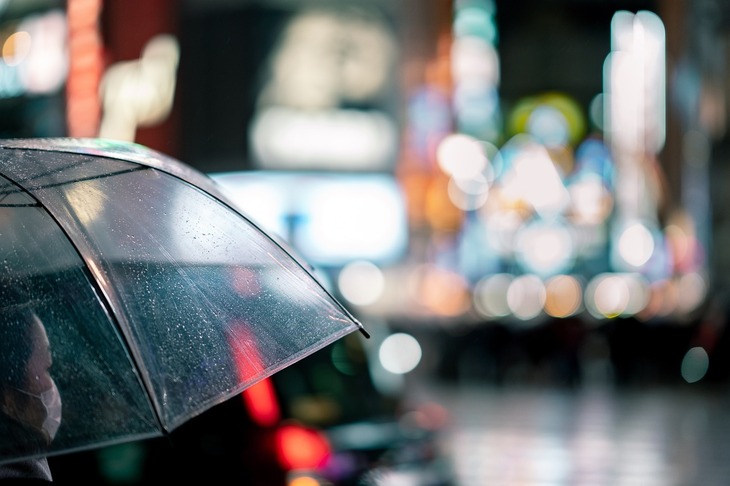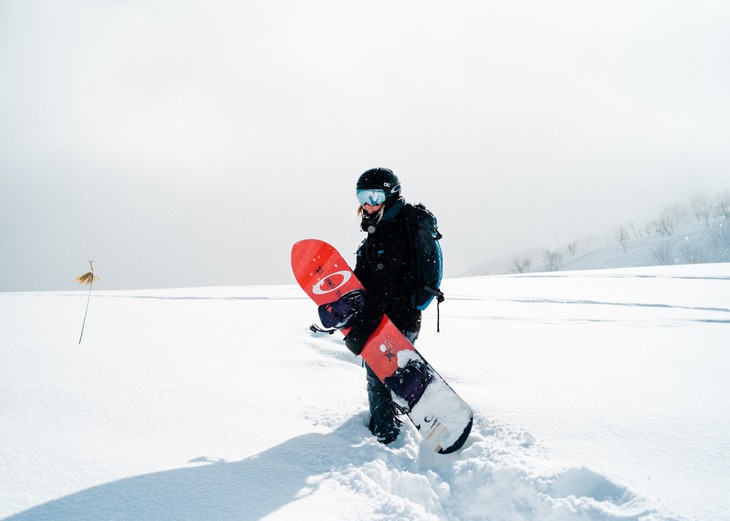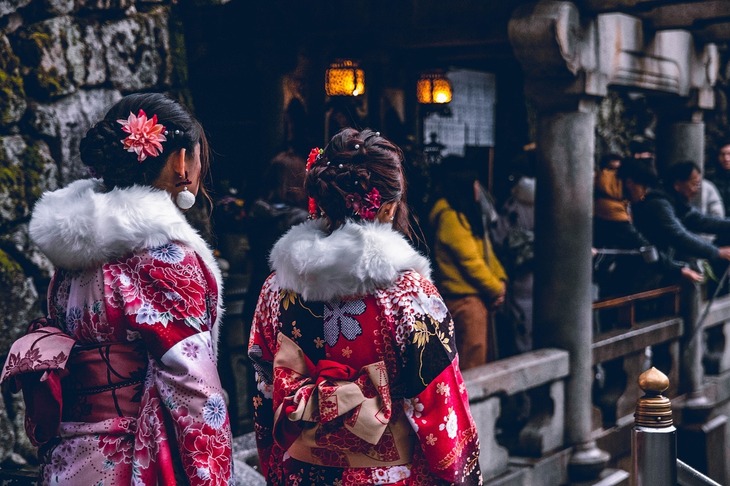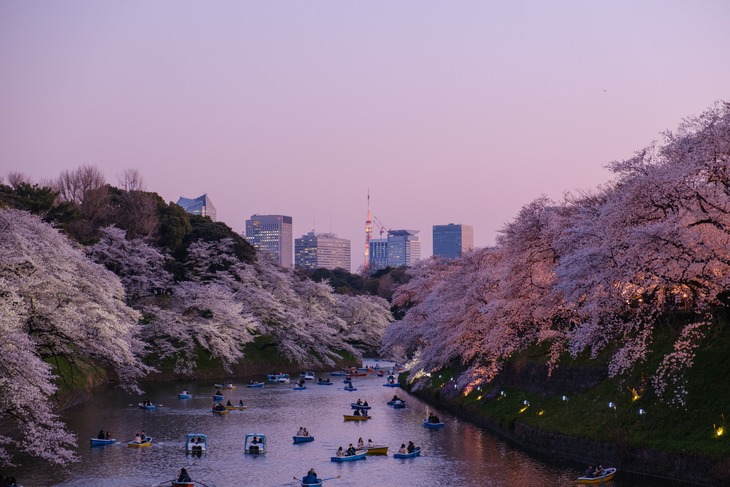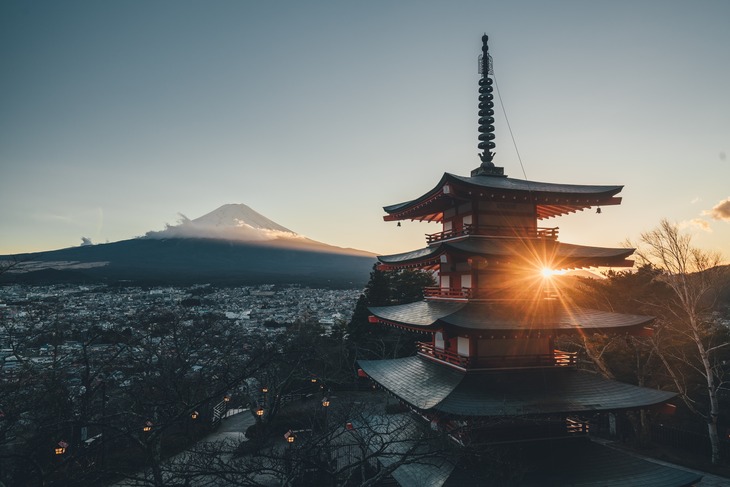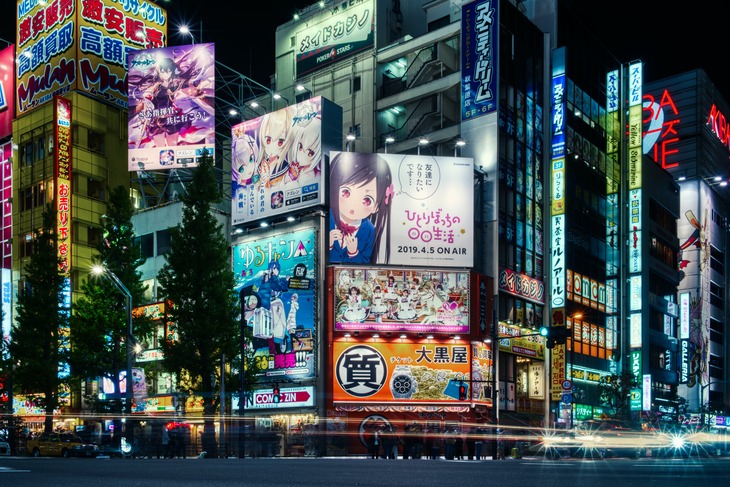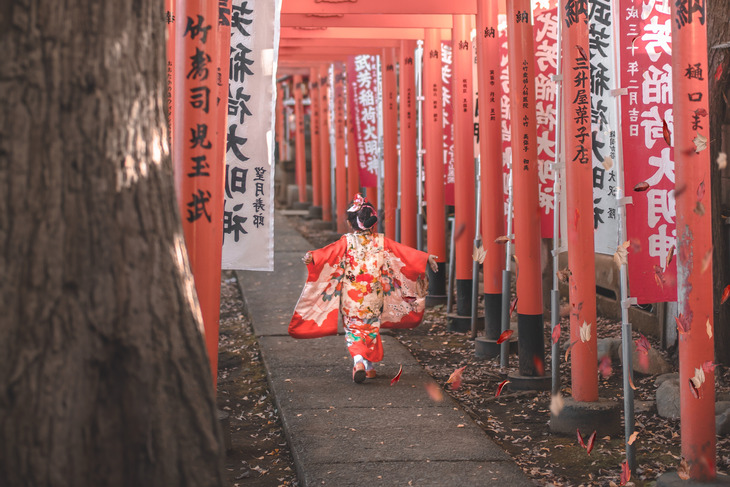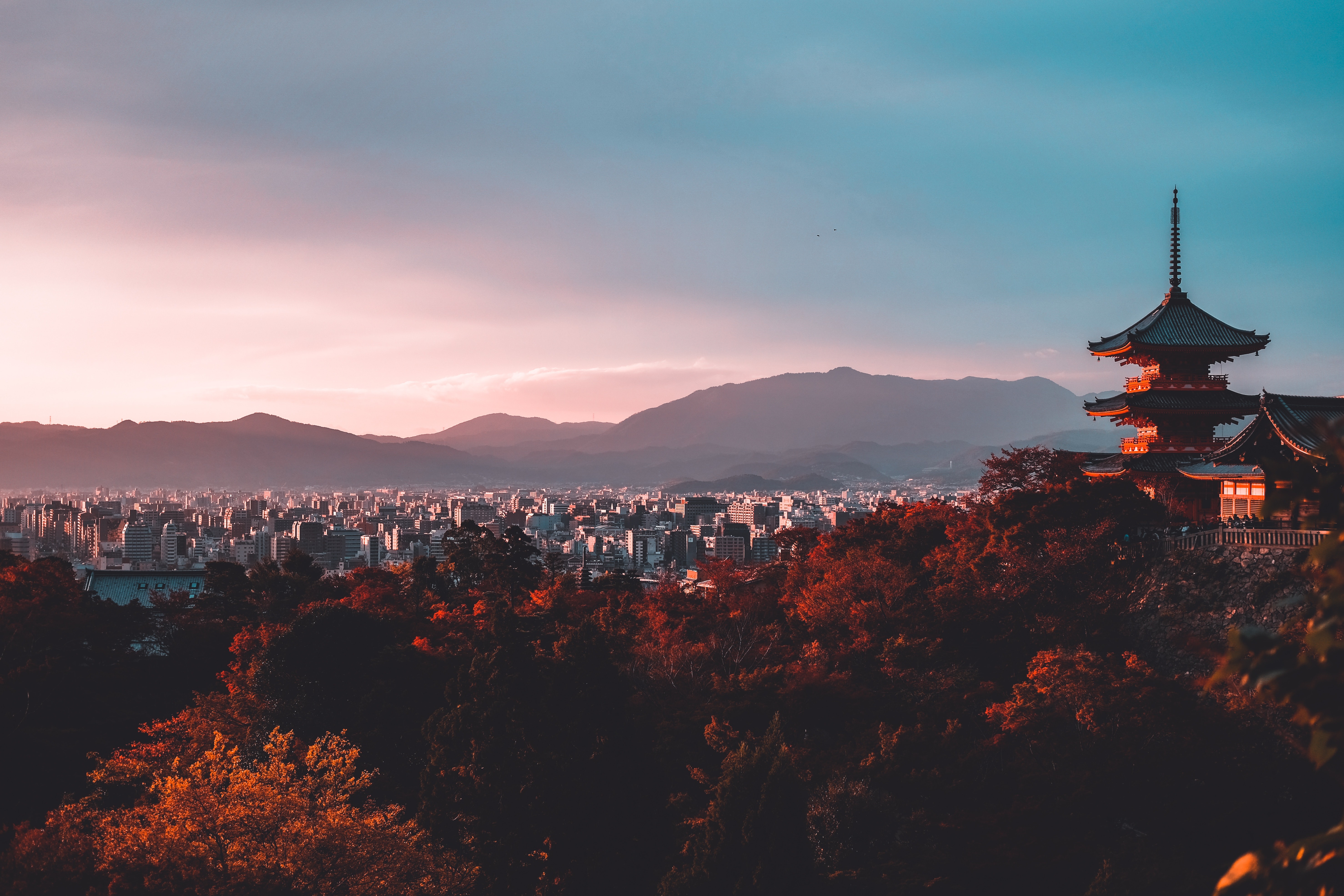Is Japan Dangerous?! How to Prepare for Natural Disasters
Japan is, compared to many countries in the world, a country that is exceptionally safe when it comes to crime. It is also an island nation in the Pacific Ocean located right on the Ring of Fire, meaning that every year Japan is battered by typhoons, earthquakes, landslides caused by heavy rains, floods, and horrible, heatstroke-inducing heatwaves.
While the 2011 Tohoku Earthquake and Tsunami may already seem to those outside Japan to be a distant memory, it is still fresh in the minds of people in Japan. That, coupled with other big earthquakes, violent typhoons that shut down airports and trains across the country, and record-setting temperatures every year means that people in Japan are always well aware of the fact that the country they live in is not as safe as people might think. Every year, people die in Japan due to one natural disaster or another.
The reality is that if you live or visit Japan, you need to be aware that there is always a chance that disaster will strike. If you've never lived in or visited a country prone to natural disasters or have never experienced one, it can be an extremely scary and disorienting experience. That's why preparing beforehand and knowing what you should do or where you should go in the event of a natural disaster before disaster strikes is so important.
Luckily, there are many resources available in Japan to help you be prepared in the event of a natural disaster. So let's look at ways that you can prepare so that in the unfortunate event that you're caught in a disaster, you will know what you need to do to be safe.
How to Prepare for a Natural Disaster
While you may have some warning in the case of typhoons or flooding, when an earthquake hits you probably won't have any warning beyond an emergency alert on your phone a few seconds before the shaking starts. Even with a warning, it's difficult at the moment to think rationally and remember what you need to do.
Whether you are in a large, crowded city like Tokyo or a village in the countryside, if a natural disaster strikes it can be extremely dangerous. That's why you need to be prepared.
Having the knowledge you need about what to do in the case of an emergency and doing some preparation in advance can be the difference between life and death in these situations, so let's look at a few ways you can prepare.
・Check Your Local Hazard & Emergency Shelter Maps
Hazard maps are available for cities all over Japan and can even be checked online. The maps highlight areas that are more prone to or vulnerable to natural disasters (especially flooding and landslides). If you are living in or are visiting an area more susceptible to disasters, it's good to know what kind of disasters could be more dangerous for you. If you live in Japan, often your real estate agent or local city will give you a map with this information. At train stations and other locations all over Japan, you can find maps that will show you the nearest emergency shelters (often schools or community centers, and specify which shelter you should go to depending on the emergency. If you don't get this information upon moving into your home or are just traveling around Japan, be sure to keep an eye out for these maps.
To check the local hazard map for your area, you can check out the website here (Japanese only).
Be sure to not only check where you live but also areas around where you work or where any family is!
・Keep Emergency Leaflets on Hand
The Tokyo Metropolitan Bureau of Life and Culture has created useful leaflets and disaster information cards that you can print out and keep with you at all times in case of an emergency. They detail what to do during different emergencies, have useful Japanese phrases that you might need to use during an emergency, list phone numbers for emergency services and some embassies, and provide information on what you should do after emergencies like earthquakes end. Even if you don't live in Tokyo, much of the information on these handy leaflets and cards will still be very valuable for you, and since the cards are small you can keep them in your wallet at all times.
To download the leaflets and Help Cards, click here.
・Prepare an Emergency Kit
If you live in Japan, you should absolutely keep an emergency kit in your home in case of a natural disaster. Bottled water (ideally several 1L bottles), non-perishable food, some spare cash, a first-aid kit, a flashlight, a whistle, extra clothes and shoes, and multi-tools like a Swiss army knife are all good ideas of things to keep in your kit at home. Consider having spare batteries and mobile batteries fully charged and ready to keep your cell phone alive, since your phone may be your only lifeline to get help depending on the emergency.
In Japan it is actually possible to buy pre-assembled emergency kits online on Amazon and other shopping sites, so if you don't have the time to gather some of these items yourself that is another option as well.
・Fill Your Bathtub with Water!
This is a useful tip if it looks like a dangerous typhoon or storm may be rolling through your area. In these situations, it's possible that you'll lose power in your home or lose access to running water. If you know a typhoon is coming, fill up your bathtub completely with water that you can use in case of an emergency, be it for washing, flushing the toilet, or whatever else. And while it is better to already have bottles of water ready in your emergency kit, if you are desperate Japanese tap water is safe to drink.
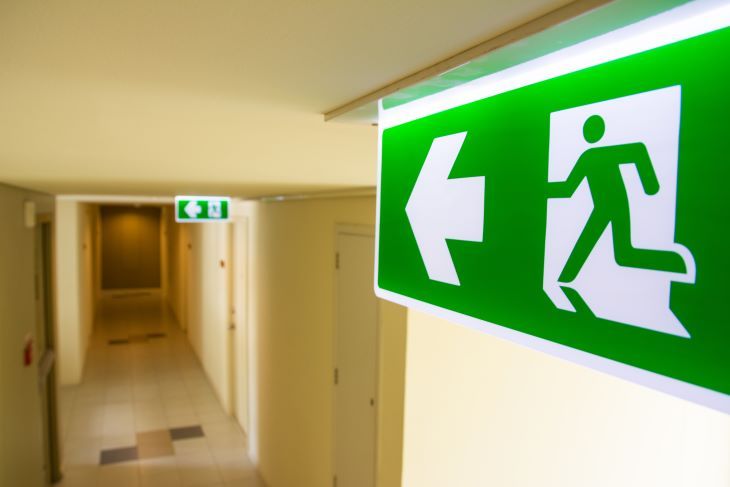
Useful Resources in Case of an Emergency
You've armed yourself with knowledge of what to do if there is a natural disaster and know where to go if you need to evacuate and have an emergency kit fully stocked and ready in your home. But if a serious storm, flooding, or typhoon warning is issued in your area, or if there is an earthquake, what should you do?
There are many websites in Japan that provide detailed up-to-date information you need to know if you're worried about a natural disaster hitting or one has already hit. Here are some useful ones to check frequently in these situations so that you can be fully informed on what the current situation is and what you should do.
・Disaster Prevention Portal
The Ministry of Land, Infrastructure, Transport, and Tourism has created a detailed Disaster Prevention Portal filled with information useful for both preparing for natural disasters and for if there is a disaster. It is available in multiple languages and provides links to all kinds of websites, official Twitter accounts, and more based on your location. You can even filter what kind of results you want to see based on the kind of disaster. If you're not sure what specifically to search for or can't find the information you're looking for, this is a great place to start.
Check out the Disaster Prevention Portal by clicking here.
・Japan Meteorological Agency
The Japan Meteorological Agency, which is in charge of monitoring all natural phenomena in Japan (such as weather, typhoons, and other natural disasters) provides accurate, up-to-date information for foreigners in Japan. This information is available in multiple different languages, and there are multiple resources available on their website.
If, for example, a typhoon is coming, you can check out their typhoon maps to see whether the typhoon will hit your area and prepare accordingly. If there are heavy rains and flood or landslide warnings are being issued, you can check their risk maps to see if where you are is in a danger zone. This information can be critical in case of an emergency, so be sure to check this site.
Check out the Japan Meteorological Agency website here.
To see the Japan Meteorological Agency's Risk Maps, click here.
・Tokyo Intercultural Portal Site: Natural Disasters
This website features a wealth of easy-to-understand information about natural disasters and what to do in the case of natural disasters. There are disaster-awareness videos you can watch, information about how to prepare for typhoons or heavy rainfall, information about evacuation centers, and more. It's a great resource not only for people living in Tokyo but for anyone living in Japan.
This site is available in 8 languages: English, Chinese, Korean, Vietnamese, Nepalese, Portuguese, and Spanish.
Check out the portal site by clicking here.
・Foreign-Language Radio Stations
In a worst-case scenario, telephone lines and the internet may be heavily congested, making it slow or impossible to connect and leaving you without any information. That's why having access to the radio can be an excellent safety precaution. If you don't have a physical radio, look into installing a radio app on your phone that will work even if you can't access the internet.
Here are a couple of different radio stations that broadcast in English.
NHK World Radio is also available online here.
Be Prepared!
As the world's climate keeps changing, stronger typhoons, heavier rainfalls, and hotter heat waves keep hitting Japan every year. On top of all that, you'll often hear people say that Japan is due for its next big earthquake any day now.
But that doesn't mean you should spend your time in Japan in constant fear of the next natural disaster! By keeping yourself informed, knowing what to do if there is a disaster, and preparing in advance, you will be ready in the unfortunate event that you find yourself in an emergency. So enjoy your time in Japan, but be smart and be prepared!












